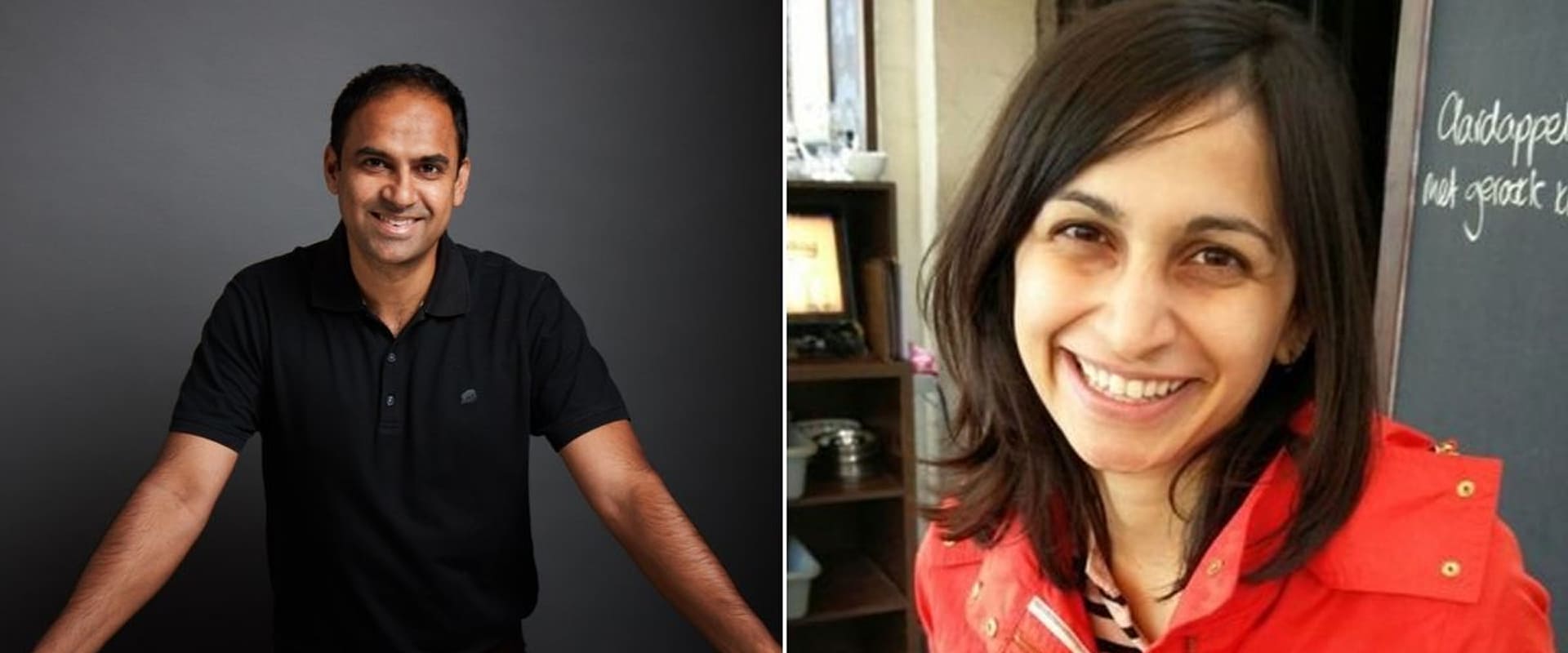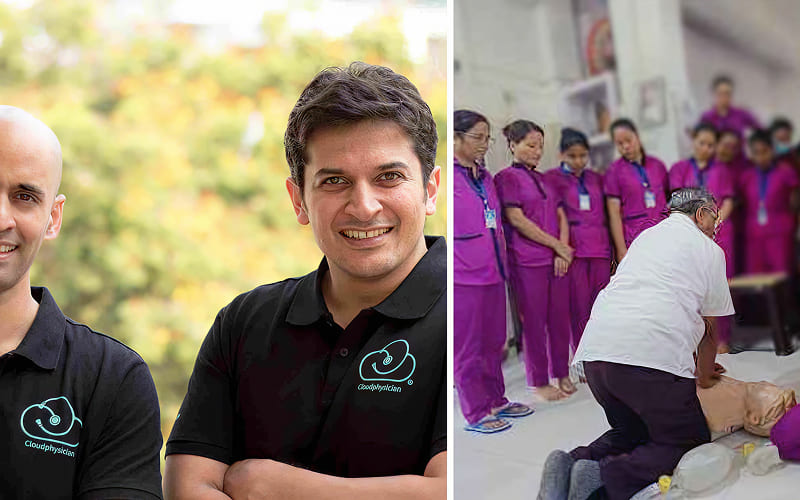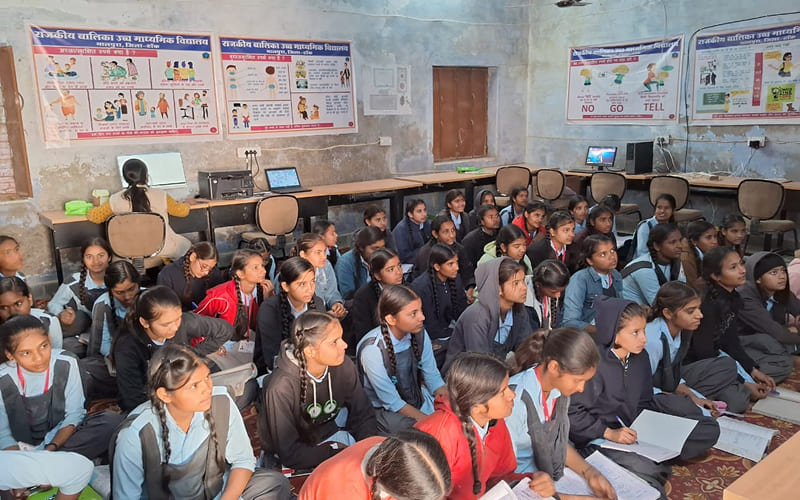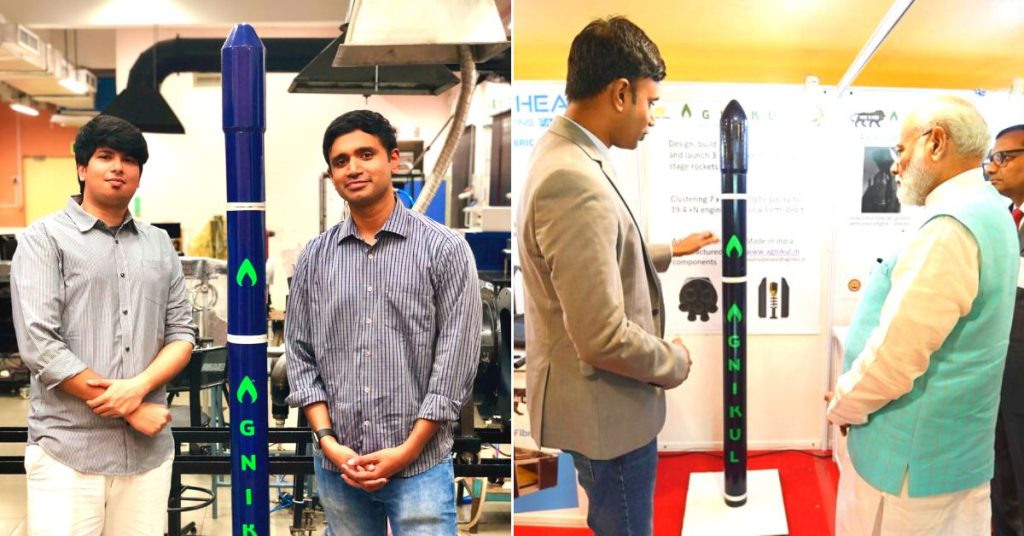
AI-Driven Scans, Early Action: Qure.ai’s Answer to India's TB Challenge
Mumbai-based Qure.ai is tackling India’s TB crisis with qXR, an AI tool that interprets chest X-rays in minutes. Affordable, scalable, and accurate, it’s already reaching underserved regions and transforming diagnosis workflows—supporting India’s goal to eliminate TB by 2025 and positioning AI as a cornerstone of future-ready healthcare.
Updated on: 19 June 2025
Impact Metrics
30–40% increase
in TB detection across 4,500 sites globally.
32+ million lives
impacted globally with cost-saving TB diagnosis.
Founded in 2016 by Prashant Warier and Dr. Pooja Rao, Qure.ai emerged from the need to address critical healthcare challenges in India, particularly the timely diagnosis of TB. With a background in machine learning and operations research, the founders leveraged their expertise to develop qXR, an AI-powered tool that automates the interpretation of chest X-rays. This innovation was incubated by Fractal Analytics and has since become a cornerstone in the fight against TB in India.
Turning X-Rays into instant answers
Qure.ai’s qXR technology utilizes deep learning to interpret chest X-rays, significantly reducing the time required for TB diagnosis from weeks to mere minutes. This is achieved through a cloud-based system or a local device, enabling rapid processing even in areas with limited internet connectivity. The technology’s affordability, with each scan costing less than a dollar, makes it accessible to remote and underserved communities, addressing the critical shortage of healthcare professionals and diagnostic facilities in India.
Qure.ai’s efforts are in direct alignment with India’s national health objectives, particularly the government’s campaign to eradicate TB by 2025. By facilitating early detection and treatment, qXR supports the Atmanirbhar Bharat initiative, promoting self-reliance in healthcare technology. The startup’s collaboration with NITI Aayog and deployment in aspirational districts like Baran and Sonbhadra exemplifies its commitment to enhancing public health infrastructure.
Scaling up, reaching far
Qure.ai’s impact extends beyond India, with its technology deployed in over 100 countries across 4,500 sites, impacting more than 32 million lives. The qXR algorithm, trained on over a billion datasets, has been validated by prestigious institutions such as Massachusetts General Hospital and Max Hospital in Delhi, confirming its accuracy and reliability. This global reach underscores the technology’s potential for replication and scalability, offering a model for other nations facing similar healthcare challenges.
Building the future of AI-first healthcare
As India strives towards a Viksit Bharat by 2047, innovations like qXR are pivotal. By integrating AI into healthcare, Qure.ai not only addresses immediate public health crises but also sets the stage for a future where technology-driven solutions are integral to national development. The startup’s ongoing research and partnerships with government and non-governmental organizations highlight its role as a national gamechanger, poised to transform healthcare delivery and outcomes in India and beyond.
Share Your Story Today, Shape Viksit Bharat Tomorrow
Got an idea, innovation, or experience that's making a difference? Share your story now and ignite India's transformation because your voice can drive the future forward!
BUILD YOUR OWN
BUILD YOUR OWN
How can I implement this innovation effectively?
How is this innovation being adopted around the world?
Where else could this innovation make an impact?
Who has seen real results from using this innovation?
What insights do experts share about this innovation?
What policies support or influence this innovation?
How could this innovation evolve in the future?
Is this innovation accessible and inclusive for everyone?
How can I contribute to or participate in this innovation?
What resources can help me explore this innovation further?
Handpicked stories tailored just for you
Explore stories that inspire, inform, and ignite new ideas across tech, innovation, and real-world impact


Tele-ICU Technology Revolutionizes Critical Care Access Across India
Bengaluru-based Cloudphysician is transforming ICU care with its Tele-ICU platform, connecting hospitals to remote intensive care experts 24/7. Co-founded by...
Read More





